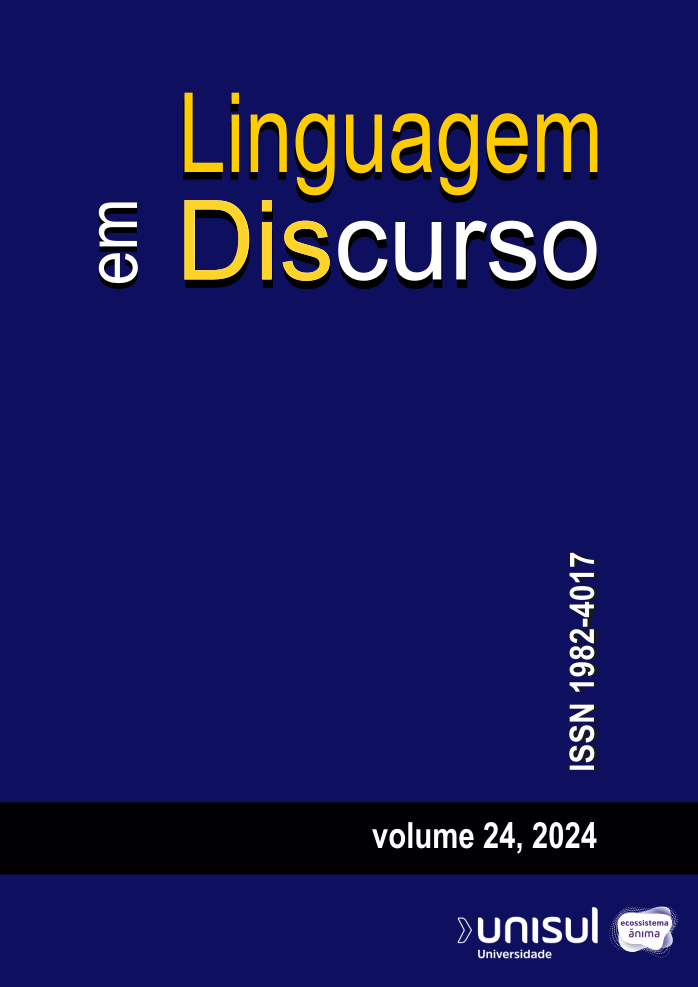POLITICAL DISCOURSES IN CRISIS
DUHALDE (2002), FERNÁNDEZ DE KIRCHNER (2008) AND FERNÁNDEZ (2020) AS POLITICIANS-TEACHERS
Keywords:
Crisis, Discoursive ethos, Representative bondAbstract
In this paper we analyze from a comparative perspective the political discourses of three Argentine presidents –E. Duhalde, C. Fernández de Kirchner and A. Fernández– in conjuctures that had been defined as critical –namely, the 2001 crisis, the conflict with agricultural associations and the beginnings of the COVID-19 pandemic, respectively–, for to establish divergencies and similarities among them. We observe within the three corpora the projection of an image of the speakers as a teachers, focused on the exposition and explanation of a particular diagnosys of the crisis. Moreover, we identify the modulations of those ethos of the teacher, emerged from its articulation with other images of self: shepherd-teacher, in the case of Duhalde; teacher expert-woman, in Fernández de Kirchner; and consensualist-paternal-teacher, in Fernández. This query enables us, on the one hand, to revisit the methodological notion of convergent hybrid ethos and, on the other hand, to reflect on the configuration of representative bond within crisis.


